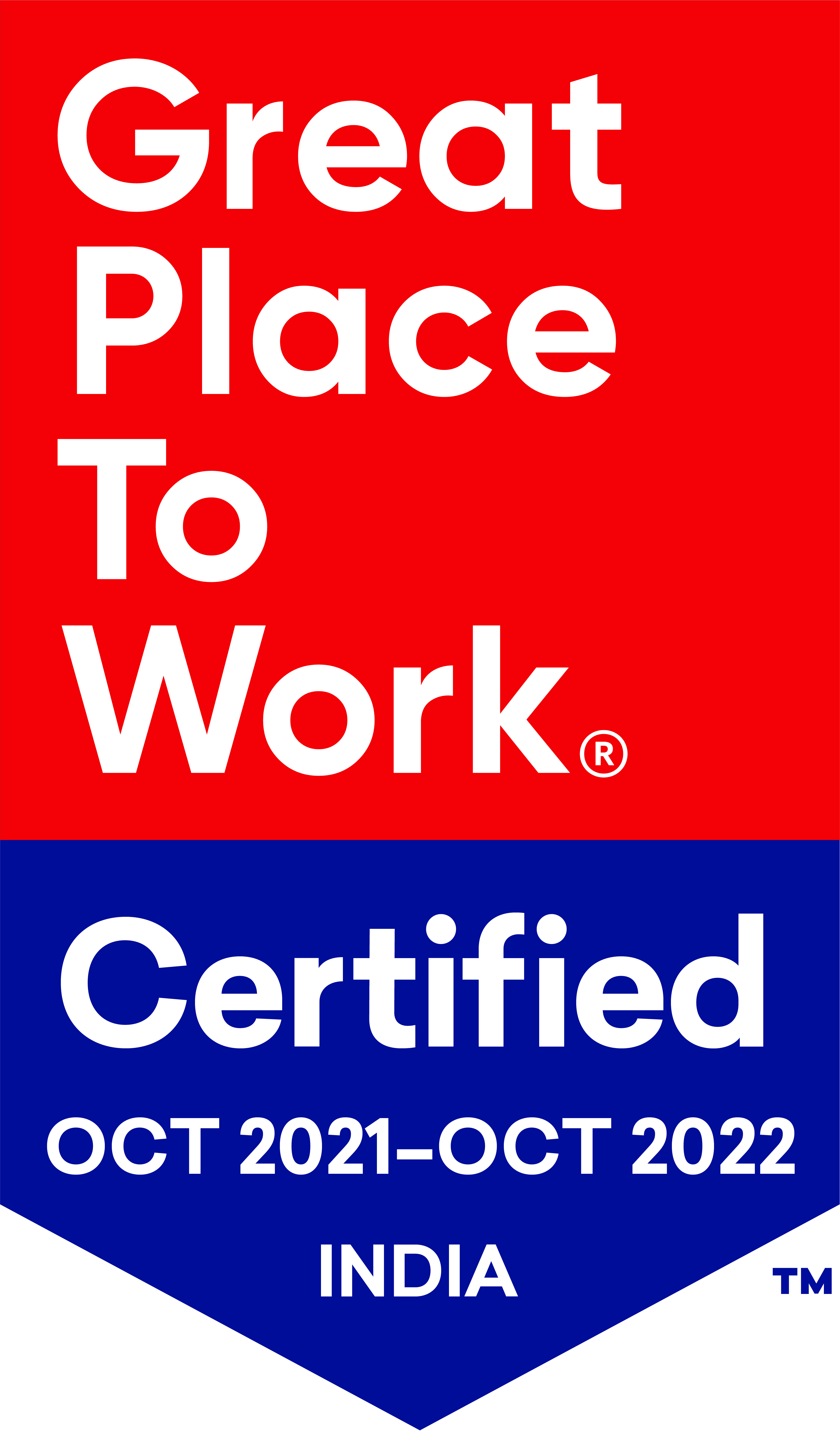Walking the talk: Making services community-led in India’s HIV response

In 2016, world leaders signed the United Nations Political Declaration on Ending AIDS, which recognised the essential role that communities play in advocacy, participation in the coordination of AIDS responses and service delivery. Moreover, they recognised that community responses to HIV must be scaled up and committed to at least 30% of services being community-led by 2030.
Yet, almost 5 years later some of the greatest dangers communities face are ignorance and prejudice. Many continue to experience conditions that result in a greater risk of HIV infection and other comorbidities — such as domestic violence, homophobia, gender inequality, incarceration, detention and compulsory treatment (for drug use). Further; stigma and discrimination, repressive laws, ignorance and even hate, prevent vulnerable people from accessing life-saving prevention, treatment and care. The involvement and leadership of the communities of people living with HIV — especially people who use drugs, men who have sex with men, transgenders and sex workers — is vital in the response to HIV. Alliance India, therefore, serves this extremely diverse community and supports community action to leverage the full potential of communities for ensuring they remain at the centre in the true spirit of ensuring “community at the heart of the AIDS response”.
With support from Alliance India, the communities of people living with HIV are leading and sustaining the delivery of peer-to-peer HIV services in key states of India with high HIV prevalence. Community forums of people living with HIV and people who use drugs during the ongoing COVID-19 pandemic have demonstrated how to defend human rights and advocate for and ensure access to essential services. In spite of these efforts; reduced funding is putting the sustainability of HIV services in jeopardy and the need for community activism remains more critical than ever before.

It is against this backdrop, that Alliance India through its Care and Support and Harm Reduction programmes jointly organised a “Capacity Building Workshop for the HIV Community Advocates” in Nagaland. The meeting brought together all the diverse HIV community members, leaders and beneficiaries from all the districts of the state to discuss advocacy priorities for addressing barriers in access to life-saving drugs and services. Once again the community demonstrated that they stand ready to play their part in building healthier and more resilient societies. The deliberations during the workshop included discussing new yet proven methods and strategies to ensure communities remain at the centre of decision-making and implementation so that no one is left behind. The meeting also included knowledge sharing and deliberations on the unique community-based services that often support fragile public health systems by filling critical gaps. Experts from ARK Foundation, Kripa Foundation, Alliance India, Nagaland Users Network and Nagaland Network of Positive People shared examples of actions that are community-led, actions that connect marginalised populations – including vulnerable women and young people – and community-led services that complement institutional care to extend their healthcare reach to groups that would otherwise fall through the gaps.
However, the progress against HIV and other health challenges by most countries world over remain weak and countries nowhere seem to be reaching the commitment especially where investment in communities is most lacking. The experience of Alliance India towards a successful greater mobilisation of communities may just be the answer. Such approaches have demonstrated how to dismantle barriers that prevent services and sustain change. It underscores why communities must have space and power to voice their demands and develop their own solutions.
-Written by: Kunal Kishore, Associate Director – Drug Use & Harm Reduction
Huidrom Rosenara, Associate Director – Care & Support
Other Recent Articles
- The COVID-19 pandemic through a transgender person’s lens 20 May, 2021
- The first-ever National Transgender Summit reaffirmed the rights of the transgender community 16 April, 2021
- Our Reflection on World Health Day 2021 7 April, 2021
- Vihaan Care and Support Programme Review Meeting 6 April, 2021
- Never too late to save one more life 25 March, 2021
- Ensuring ART adherence among the discordant couple 12 January, 2021
- Providing counselling and support to decrease loss-to-follow-up among PLHIV receiving ART 29 December, 2020
- Human Rights & Faith for People Who Use Drugs in Times of Pandemic 21 December, 2020
- Walking the talk: Making services community-led in India’s HIV response 21 December, 2020
- Press Release: The Launch of Faith For Harm Reduction Manual 19 December, 2020
- Made by Nicdark - Copyright 2020
- donations@ong.com
- volunteers@ong.com
- contact@ong.com
India HIV/AIDS Alliance
A not-for-profit Section 8 Company with Registration No: U85310DL1999NPL098570
Contact
-
6, Community Centre
Zamrudpur Kailash Colony Extension
New Delhi – 110048 - +91-11-4536-7700
Download
Quick links
©2021 All Rights Reserved by Alliance India




Leave a Reply